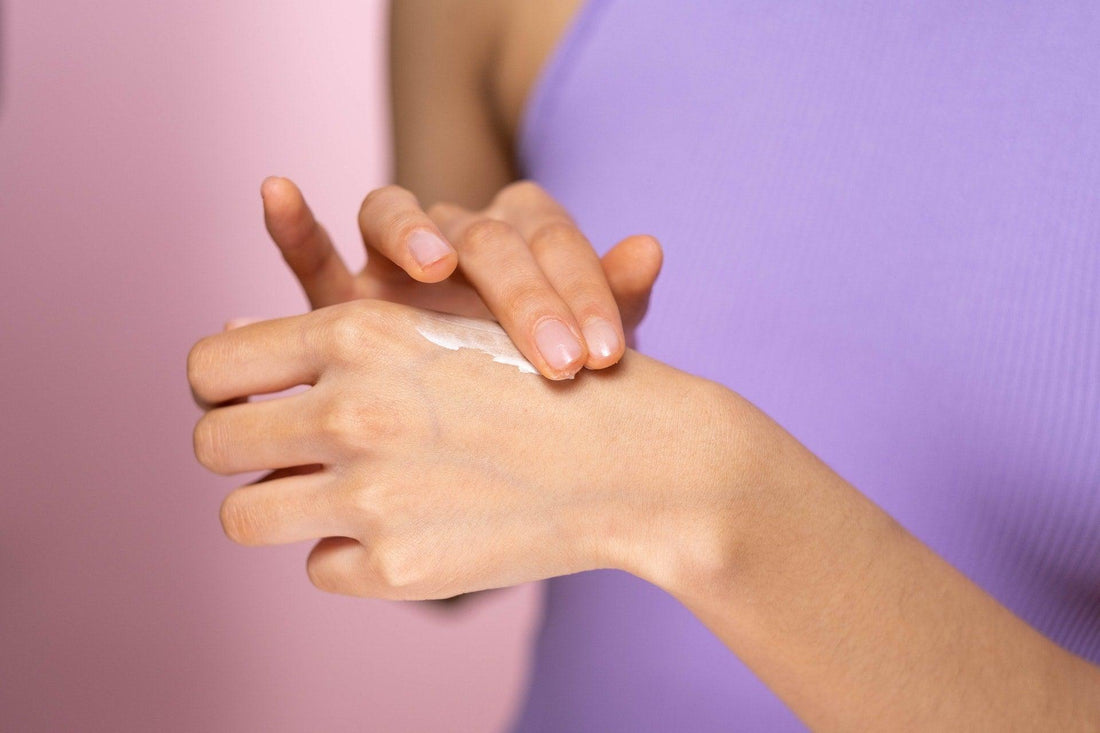Dry skin, also known as xerosis, is a common skin condition that affects people of all ages. It occurs when your skin loses moisture and becomes dehydrated, causing it to feel rough, tight, and itchy. While dry skin is not usually a serious medical condition, it can be uncomfortable and make your skin more susceptible to other skin problems, such as eczema or dermatitis. In this article, we will discuss the causes, symptoms, and treatment of dry skin.
Causes of Dry Skin:
There are many factors that can contribute to the development of dry skin, including:
-
Cold Weather: In winter, the humidity level drops, and the air becomes dry. This can cause your skin to lose moisture and become dry.
-
Hot Showers and Baths: Taking long, hot showers or baths can strip your skin of its natural oils, leading to dryness.
-
Harsh Soaps and Detergents: Some soaps and detergents contain harsh chemicals that can irritate your skin and make it dry.
-
Age: As you get older, your skin becomes thinner and produces less oil, which can lead to dryness.
-
Medical Conditions: Certain medical conditions, such as eczema, psoriasis, and thyroid disorders, can cause dry skin.
Symptoms of Dry Skin:
The symptoms of dry skin can vary from person to person, but some common ones include:
-
Itching: Dry skin can be itchy, which can cause you to scratch and damage your skin.
-
Redness: Your skin may become red or inflamed due to dryness.
-
Flaking: Dry skin can cause your skin to flake or peel, which can be unsightly.
-
Cracks: Your skin may develop cracks, which can be painful and lead to infections.
Treatment of Dry Skin:
Fortunately, there are several things you can do to treat dry skin, including:
-
Moisturize: Apply a moisturizer to your skin after bathing or showering to lock in moisture.
-
Use Mild Soaps and Detergents: Use mild, fragrance-free soaps and detergents to avoid further irritating your skin.
-
Limit Shower Time and Temperature: Take shorter showers or baths, and use warm, not hot, water.
-
Humidify: Use a humidifier in your home to add moisture to the air.
-
Drink Water: Drinking plenty of water can help keep your skin hydrated.
-
Avoid Irritants: Try to avoid irritants such as perfumes, dyes, and other chemicals that can aggravate your skin.
-
Seek Medical Attention: If your dry skin is severe or persists despite your efforts to treat it, consult a dermatologist. They can recommend prescription creams or ointments that may be more effective than over-the-counter treatments.
In conclusion, dry skin is a common skin condition that can be caused by a variety of factors. While it is not usually a serious medical condition, it can be uncomfortable and make your skin more susceptible to other skin problems. Fortunately, there are several things you can do to prevent and treat dry skin, including moisturizing, using mild soaps and detergents, limiting shower time and temperature, humidifying, drinking water, avoiding irritants, and seeking medical attention if necessary. By following these tips, you can keep your skin hydrated, healthy, and looking its best.

